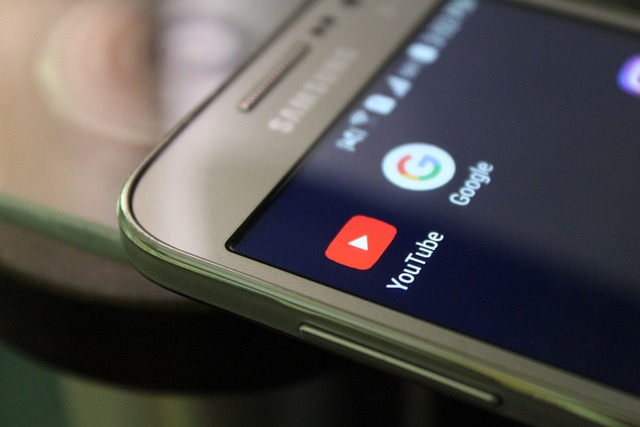Android apps arrive via Amazon’s Appstore
Barry Collins
The ability to run Android apps was one of the headline features when Windows 11 was first announced in summer 2021. A year after Windows 11 was released, they’ve finally arrived in the first major update to the operating system. I’m sorry to say it, but it wasn’t worth the wait.
Everything about the implementation of Android apps in Windows 11 is awkward. Finding them, installing them, the way many apps don’t adequately cope with being used on a PC instead of a smartphone. But perhaps the most damning thing of all is that – for now, at least – there’s almost nothing worth installing in the first place.
Pain in Store
Android apps are currently being “previewed” in a number of geographies around the world, including the U.S. and the U.K. They’re only available to those who’ve installed the 2022 update, previously known as 22H2.
The Android apps are provided via the Amazon Appstore, not Google Play, and that has massive implications for the selection of apps available, which we’ll come to shortly. It has implications for the way these apps are installed and behave, too.
The first time you try to install an Android app from the Windows Store, two things will happen: Windows will spend a few minutes downloading and installing the Windows Subsystem for Linux and then the Amazon Appstore.
Thereafter, every time you click to install an Android app you’re rerouted to the Amazon Appstore – even if the app is free.
As well as being a poor user experience, it puts other practical obstacles in the way. You’ll need an Amazon account to log in to the Appstore; neither can you pay for Android apps with your Microsoft account, payments are handled by Amazon.
When the apps are finally installed, they initially appear to behave like regular Windows Store apps. They pop up in the Start menu and can be pinned to the Taskbar. They can be snapped into different parts of the screen, run full screen or in a resizable window. They can be uninstalled from the same Settings menu as any other app on the PC.
However, church-and-state-like divisions soon appear. I downloaded the PDF Viewer and Reader app, for example, and used the app’s ‘folder’ view to try and find a PDF stored on my computer, but it can only explore within the Android subsystem – the main Windows files system and documents folders are off limits. Similarly, you can’t drag a PDF from your Desktop, say, into the Android app. It just doesn’t work.
There may be good security reasons for this, but it’s a disaster for user experience.
Wrong shape and size
Then we come to the wider problem with Android apps on big screens – they often look ugly. Android tablets have long struggled with apps that were designed for smartphones only, and the situation hasn’t improved much since Android app support was added to Chromebooks.
Several of the apps I installed – Tracker24, BBC News, Podcast Addict – were patently mobile apps stretched for the big screen. They were functional, but no thought has been given to reformatting these apps to take advantage of bigger displays. In the case of BBC News, it’s a far less satisfying experience than simply visiting the BBC News website in a browser.
App developers are going to have to try harder if they want people to use their apps in Windows.
Dismal selection
Finally, we come to the selection of apps available. Microsoft’s had more than a year to tee up developers and if this is all it’s managed to get on board for launch (albeit in ‘preview’ form), then it might as well give up now.
Almost all of the Android apps I use on a daily basis on my phone are not in the Amazon Appstore for Windows. Big name apps are very hard to come by, especially in the Games section, where Stardew Valley is the best-known app I could find. And that’s been available on Windows for years.
The featured apps are insipid
Barry Collins
Just take a look at the ‘featured apps’ in the Amazon Appstore (shown above) for an inkling of how depressingly awful the selection of apps is. We’ve waited a year for Android apps to arrive and Solitaire and FreeCell – both pre-installed in Windows for the past 20-odd years – are deemed highlights? Seriously? This is the best you’ve got?
Microsoft’s long struggled to get people interested in the Windows Store. On this evidence, the addition of Android apps is going to make zero difference.
